BEIJING — Chinese President Xi Jinping on Friday laid out a future for Hong Kong, embedded firmly within the goals of the central government on the mainland.
“Now Hong Kong is at a new stage of moving from chaos to governance, and then from governance to greater prosperity,” Xi said at the swearing-in ceremony of Hong Kong’s new Chief Executive John Lee.
“The next five years will be crucial for Hong Kong to break new ground and launch a new takeoff,” Xi said, according to an English translation broadcast through state media.
Xi oversaw the inauguration of Lee, a Beijing loyalist who was the only candidate for the position in an election held in May.
Lee’s term runs for five years and his inauguration coincided with the 25th anniversary of the city’s handover to China from British colonial rule.
Chinese President Xi Jinping and Hong Kong’s new Chief Executive John Lee at the swearing-in ceremony on July 1, 2022. Xi, in his first trip outside the mainland since Covid struck, presided over the ceremony.
Justin Chin | Bloomberg | Getty Images
People have learned the hard way that Hong Kong must not be destabilized and cannot afford to see chaos.
Xi Jinping
President, China
He specifically mentioned China’s second centenary goal, which is to “build a modern socialist country that is prosperous, strong, democratic, culturally advanced and harmonious” by 2049, the 100th anniversary of the People’s Republic of China.
Xi: Hong Kong ‘cannot afford’ chaos
Whether in achieving those national aims or the “four hopes,” Xi repeatedly emphasized the role of “one country, two systems.”
The policy has allowed Hong Kong to operate as a semi-autonomous region under Beijing’s rule, while having some legal and economic autonomy that other Chinese cities do not have.
Large-scale, violent protests in 2019 were initially triggered by proposed changes to a law which sought to allow extradition to China — a bill that many in Hong Kong claimed went against the principle of “one country, two systems.”
On Friday, Xi spoke in relatively great detail about the social unrest of the past few years.
“People have learned the hard way that Hong Kong must not be destabilized and cannot afford to see chaos,” he said. “There is extensive consensus that no time should be lost in Hong Kong’s development and that all interference should be removed so that Hong Kong can stay focused on development.”
Hong Kong’s gross domestic product contracted in 2019 and 2020 as protests disrupted the local economy, even before the pandemic shut the city off from foreign and mainland tourists. The region has been one of Asia’s main international financial hubs.
Xi said Hong Kong has helped connect the mainland with the world, and that the Chinese city was “irreplaceable” in its contribution to the economic development of the “motherland.” He noted Hong Kong’s important role in China’s opening of the domestic market to the rest of the world.
“It has continued to maintain its strength of being highly free and open and comfortable with international rules,” the Chinese president said.
Hong Kong’s GDP recovered in 2021 and grew by 6.4%. However, the economy contracted by 4% in the first quarter of this year as another wave of Covid and pandemic control measures hit the city.
Lee: Restoring ‘order from chaos’
In remarks preceding Xi’s on Friday, Hong Kong’s new chief executive said that “one country, two systems” is the “cornerstone of maintaining Hong Kong’s long term prosperity.”
Lee named three significant protests between 2014 and 2019, and said “the full support of central authorities” contributed to Hong Kong’s ability to overcome challenges.
“The rule of law is a cornerstone of Hong Kong’s success,” Hong Kong’s new leader added. He said the implementation of the Hong Kong National Security Law and electoral system changes were part of Hong Kong restoring “order from chaos.”
In 2020, China’s parliament approved the National Security Law, which strengthened Beijing’s control on Hong Kong. An official English translation of the law said a person who acts with a view to “undermining national unification” of Hong Kong with the mainland could face punishment of up to lifetime, depending on the severity of the offense. Financial support for such activities is also a crime.

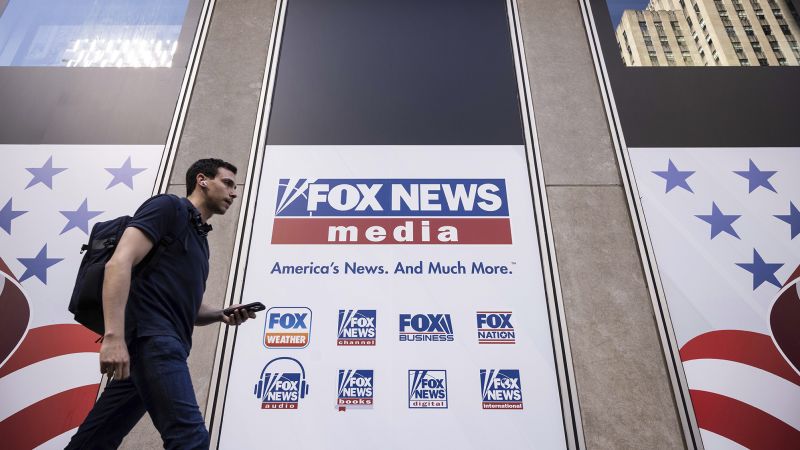

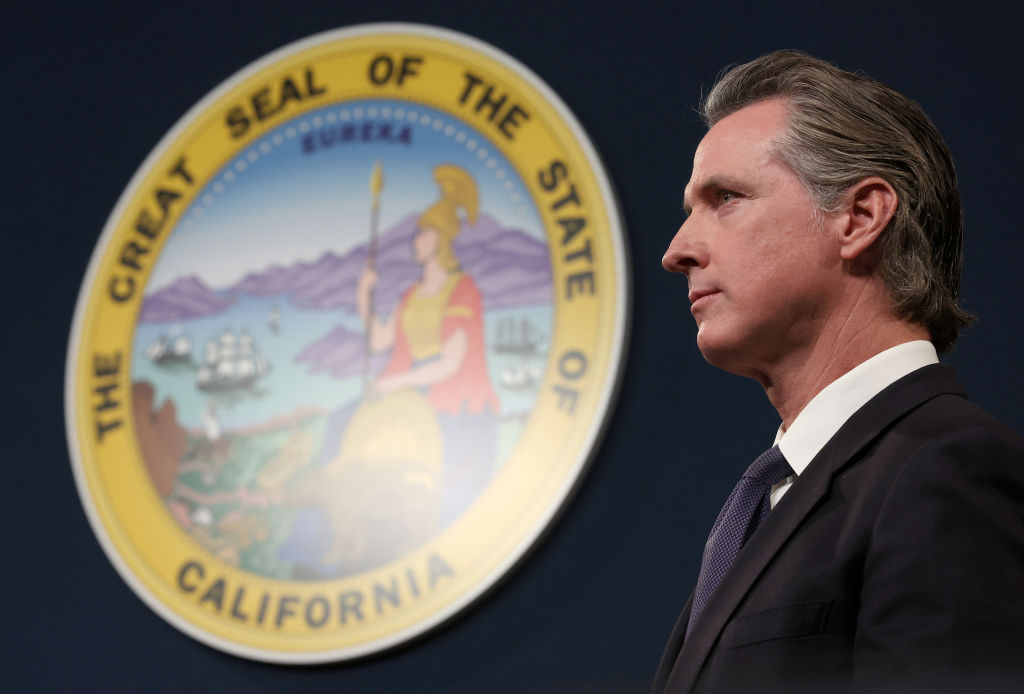


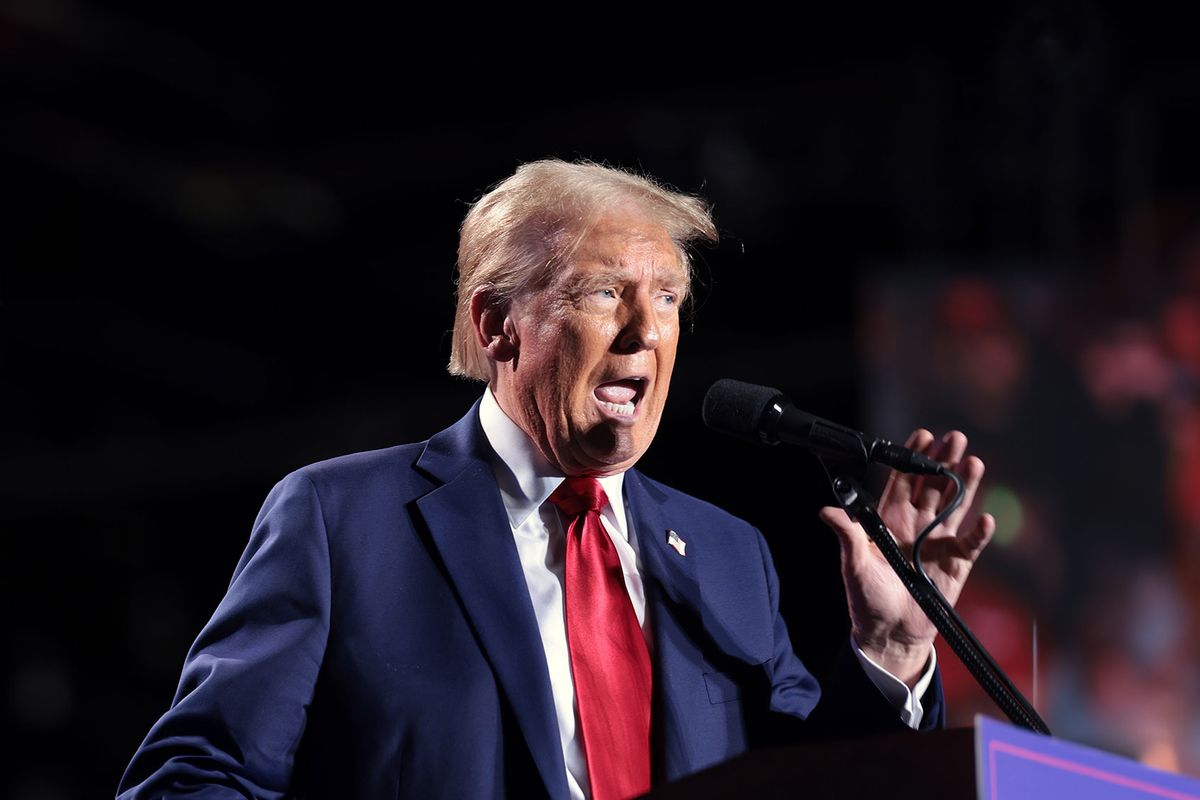


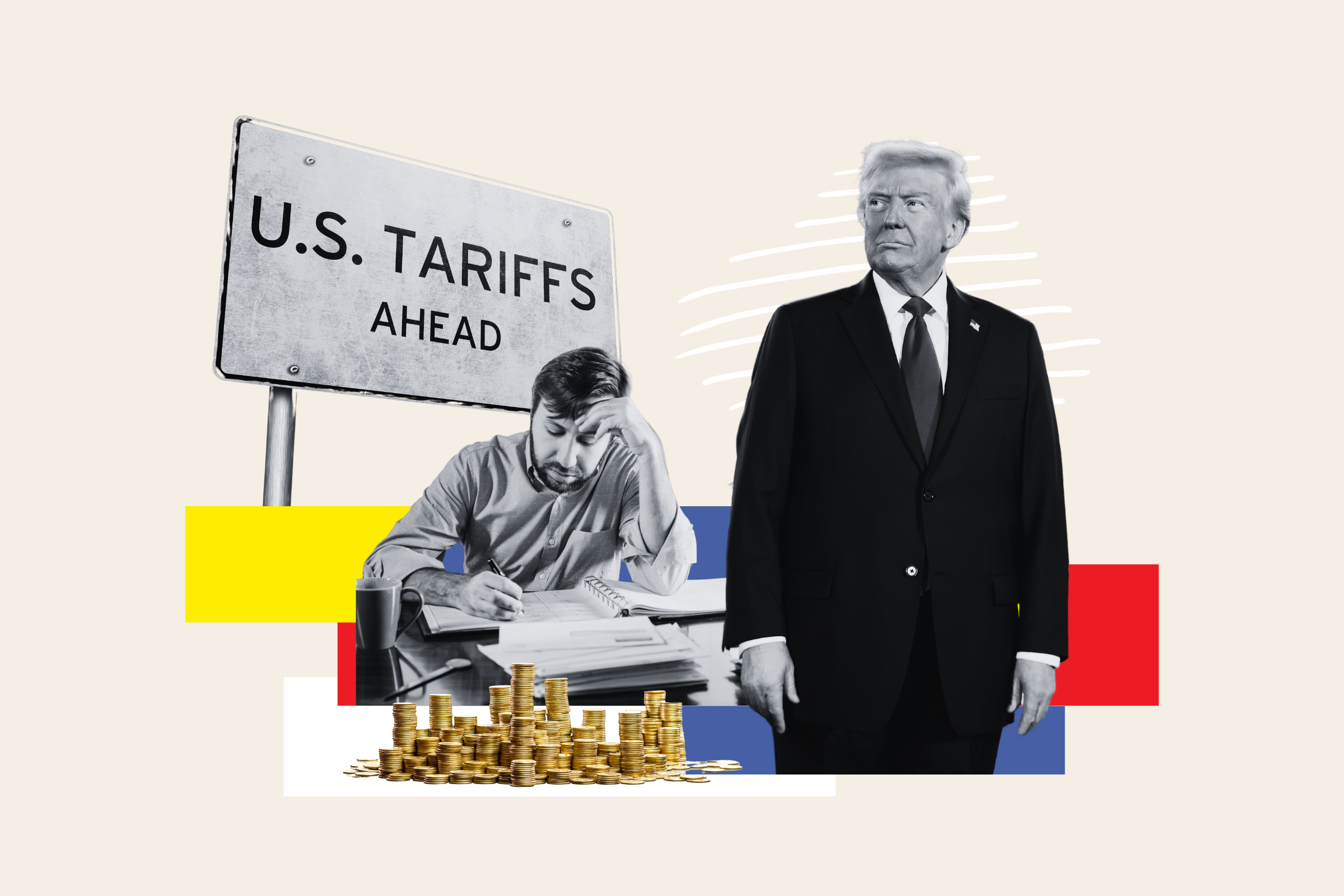
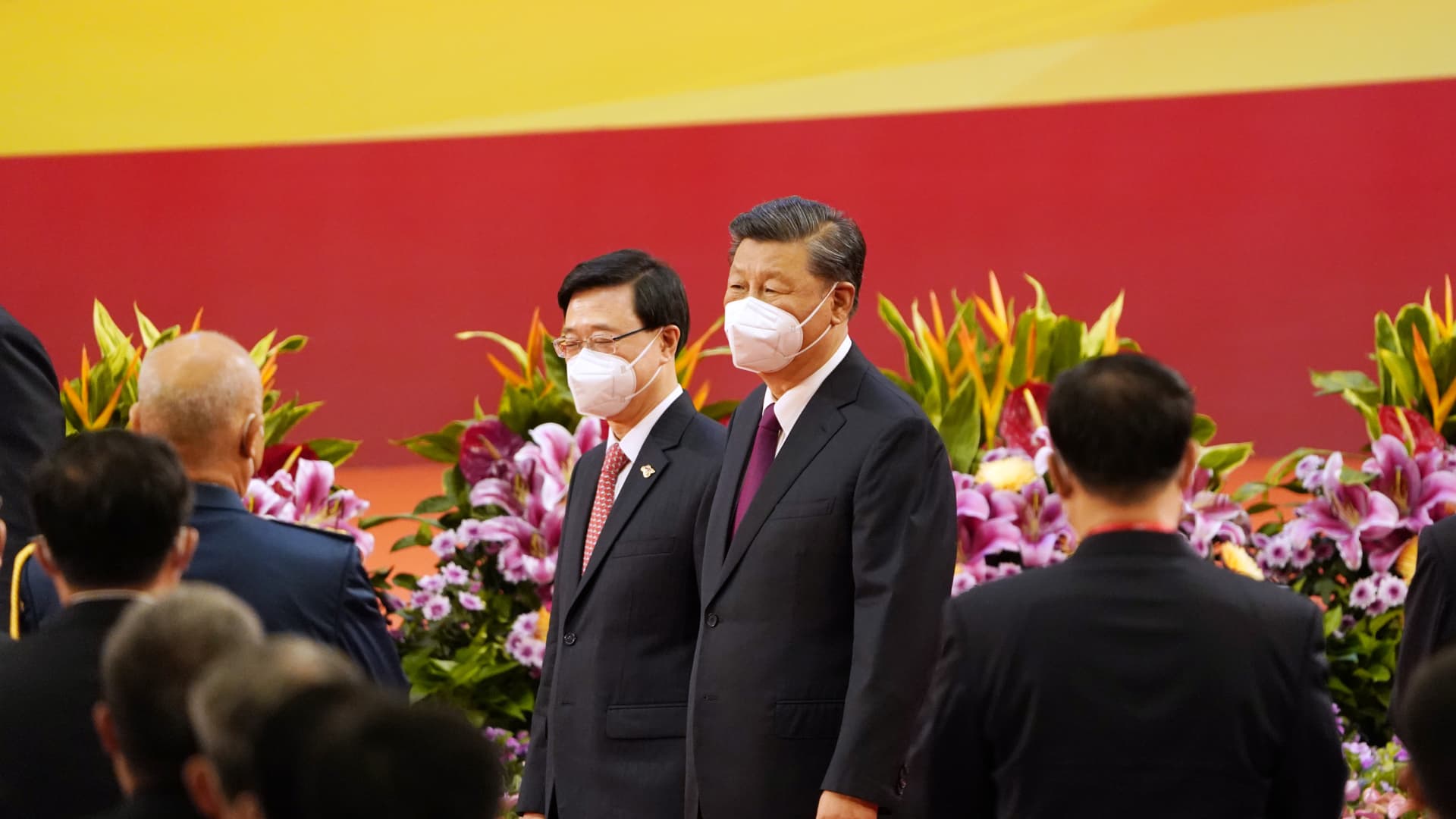






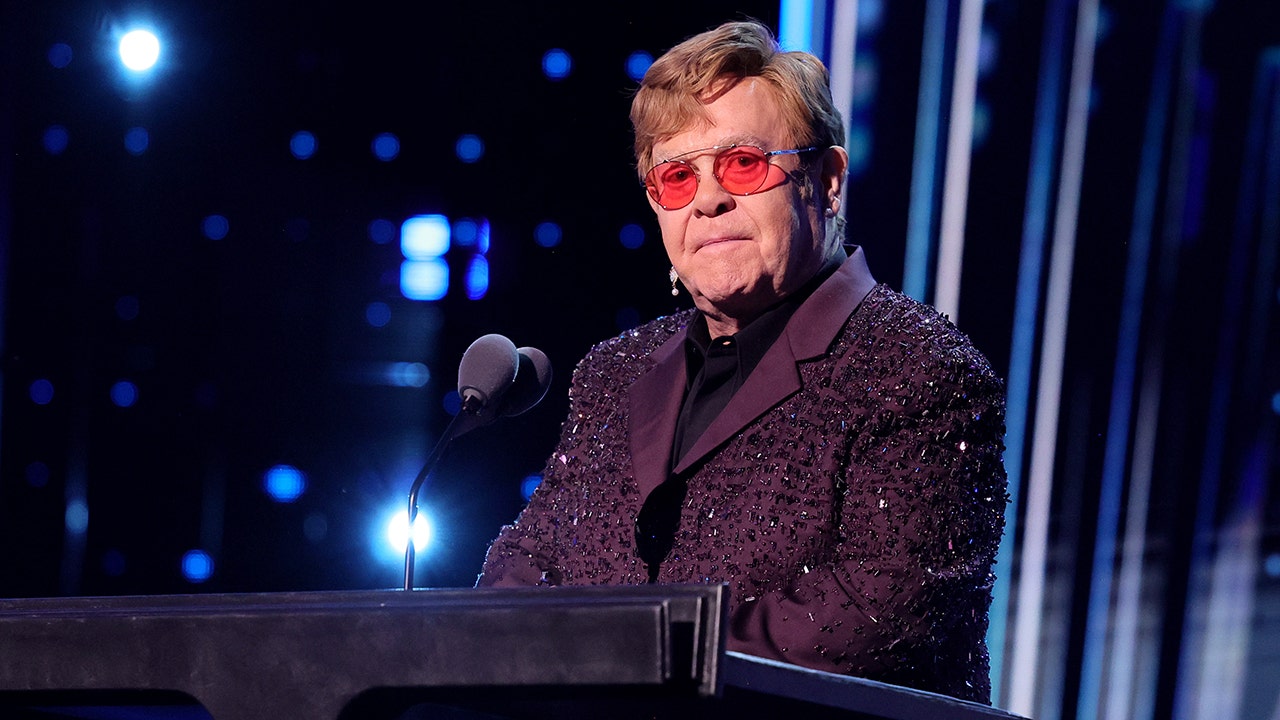


Discussion about this post